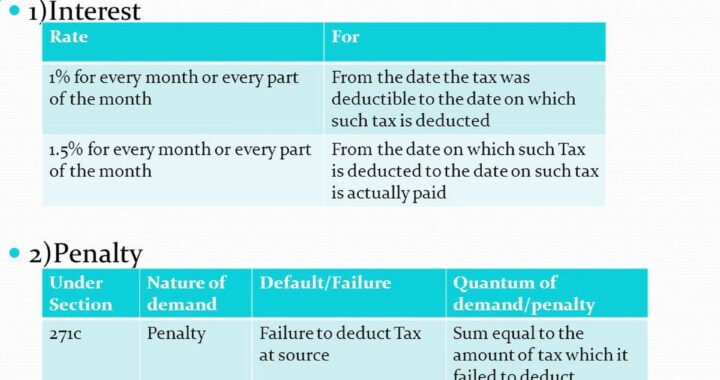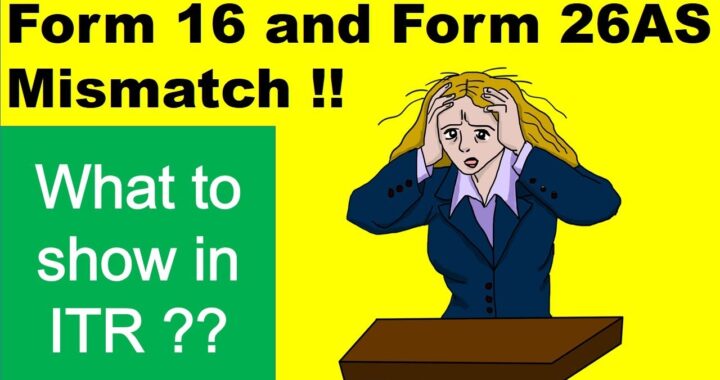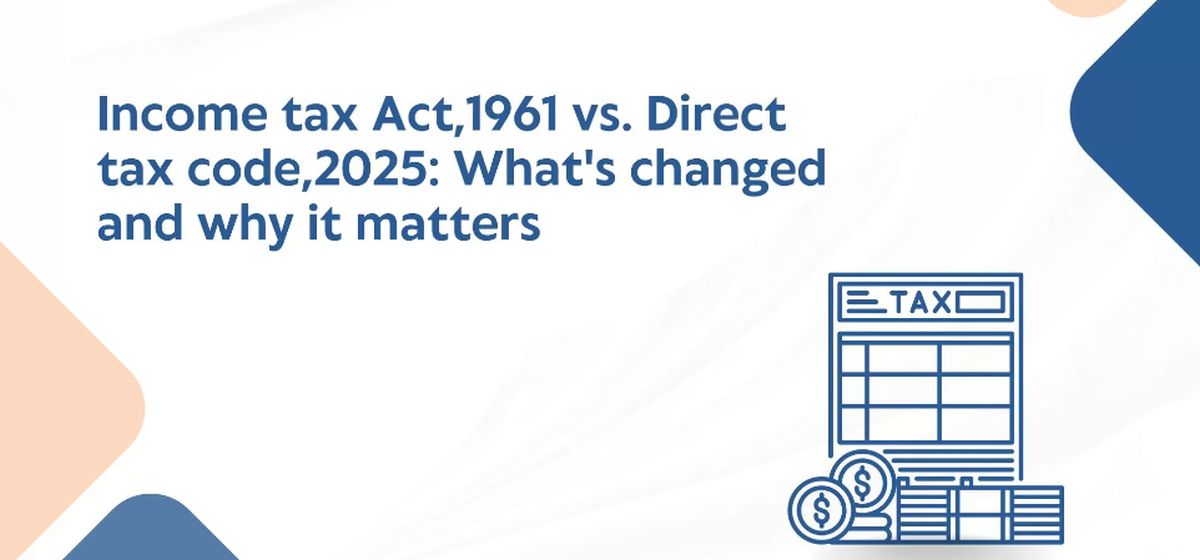Income Tax Return and Annual Information Return – a comparison

According to Taxation Rules, it is mandatory for individuals or entities to file a return no matter whether tax has been deducted at source or whether such person is eligible for any refund or not.
 On the other hand, according to the provisions of Section 285BA of the Income Tax Act, 1961, some particular entities are liable to furnish an Annual Information Return (AIR) for some specified financial transactions done by them during the relevant financial year to the income tax department. Such assessees are liable to furnish all information about specific transactions entered into by them. The due date of filing of the return is within the 31st day of August of the next year.
On the other hand, according to the provisions of Section 285BA of the Income Tax Act, 1961, some particular entities are liable to furnish an Annual Information Return (AIR) for some specified financial transactions done by them during the relevant financial year to the income tax department. Such assessees are liable to furnish all information about specific transactions entered into by them. The due date of filing of the return is within the 31st day of August of the next year.
There are many areas in collection of information through AIR and corresponding information gathered through ITR, which are not very clear. If the information collected through AIR has to be used for finding out tax evasion, Income Tax Returns should provide the information and the same can be compared with that of the AIR. Presently, this obligation is applicable for Individuals and HUFs only.
Provisions relating to different transactions in case of ITR and AIR:
1. Cash deposits in savings bank account – In an Income Tax Return, the assessee, whether an individual or HUF, has to give information about cash deposits having a total of Rs.10 lacs or more in any savings account of a bank. It is required by the assessee to state the total amount of such deposits. But it is not required to give information regarding the name of the bank or details of its branch, account no., etc.
Whereas in an Annual Information Return, one has to give information about the details of the bank account, his PAN, mode of deposit, total amount of deposit made in the year and name and address of the branch of the bank where the bank account stands.
2. Payment made through credit cards – A banking company or any other Company issuing credit card requires submitting AIR every year stating that payments made by any person for bills raised by him against a credit card is issued to that person for a total amount of Rs.2 lacs or more in any financial year. Only the total of all the payments made by a person to the company issuing the card is required to be reported as a single transaction when the amount is Rs.2 lacs or more during the financial year. The bank or Credit Card Company is supposed to report this information. It is not necessary to report the credit card number. On the other hand in an ITR, one has to give details of the transactions when the payment in a financial year is Rs.2 lacs or more against each credit card where the person holds more than one credit card.

 Can an assessee pay House Rent to his parents and claim relief? Would there be any legal complications?
Can an assessee pay House Rent to his parents and claim relief? Would there be any legal complications?  Boost Your Business & Reduce Taxes: A Guide to Maximizing Benefits Under Section 80JJAA
Boost Your Business & Reduce Taxes: A Guide to Maximizing Benefits Under Section 80JJAA  What is remedy to taxpayer if the Tax deductor fails to deposit the TDS or fails to file TDS Return
What is remedy to taxpayer if the Tax deductor fails to deposit the TDS or fails to file TDS Return  What is Income Tax Liability on Income from trading in Future and Options
What is Income Tax Liability on Income from trading in Future and Options  The Importance of Filing Your Income Tax Return on Time: A Financial Must-Do
The Importance of Filing Your Income Tax Return on Time: A Financial Must-Do  Is Addition made by Assessing officer on basis of mismatch between AIR and F26AS Justified
Is Addition made by Assessing officer on basis of mismatch between AIR and F26AS Justified  Major Changes Expected in Direct Tax Code 2025 and why these matter
Major Changes Expected in Direct Tax Code 2025 and why these matter